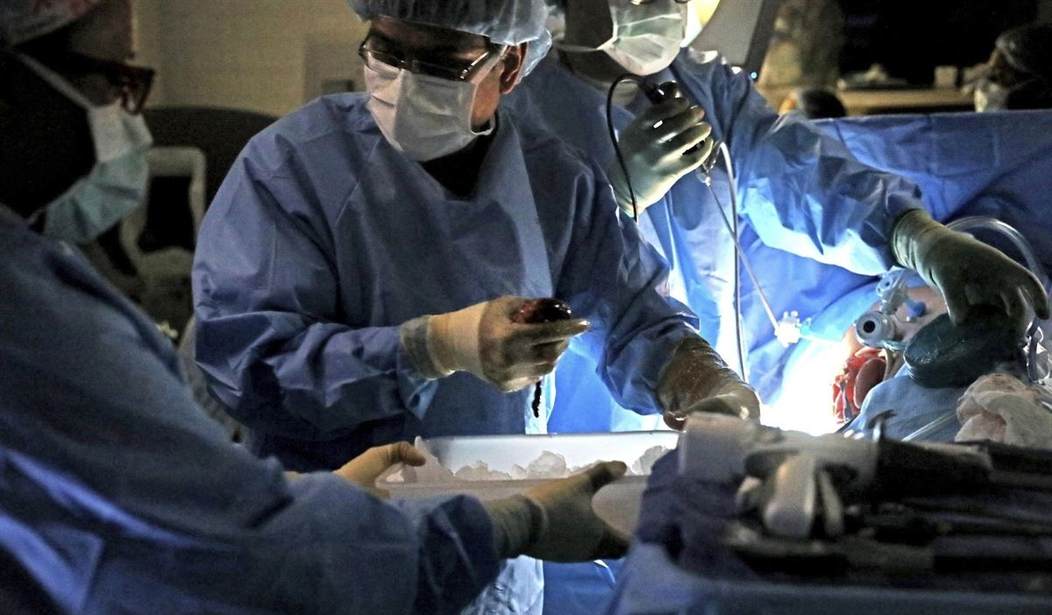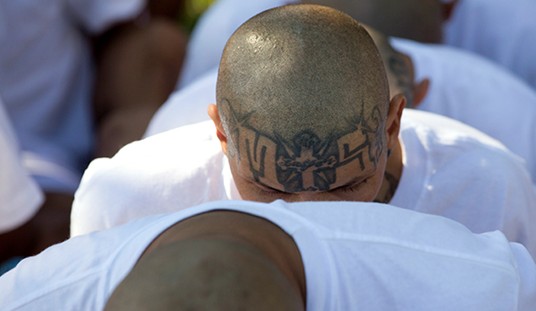In 2021, 33-year-old Anthony Hoover woke up in a Kentucky hospital with medical personnel shaving his chest, bathing his body, and talking about harvesting his organs.
Hoover had been hospitalized after an overdose. His doctors tried everything to revive him, but he was declared "brain dead." He also had a "lack of reflexes" and "emptiness in his eyes," according to CNN.
On Oct. 29, 2021, Hoover was wheeled into surgery to begin the process of removing his organs. About two hours into the five-hour procedure, a staff member came out to talk to the family.
“He’s not ready,” they said. “He woke up.”
Indeed, this may have been a case where the eagerness to harvest organs overcame common sense and reality.
TJ’s family thought it was a miracle.
But former employees of the organ procurement organization working on TJ’s case say it was a breach of trust – one called it a “disaster” — that a man who was making eye contact, shaking his head “no” and thrashing on the table should never have been in the operating room, that a man who left the hospital to live with family weeks later shouldn’t have been at risk of losing his life.
The hospital, Baptist Health in Richmond, Kentucky, and the organ procurement group declined interviews with CNN.
The hospital said in a statement that “the safety of our patients is always our highest priority. We work closely with our patients and their families to ensure our patients’ wishes for organ donation are followed.”
“Organ donation is based on public trust,” said Dorrie Dils, president of the Association of Organ Procurement Organizations, or OPOs. When eroded, “it takes years to regain.”
Exclusively for our VIPs: Chicago Cops Leaving the Force in Droves as One in Six Cops Hired Since 2016 Have Quit
Hoover's case has recently come to light as Congress is investigating. The case has led to thousands of people opting out of the donor program. "Donate Life America found an average of 170 people a day removed themselves from the national donor registry in the week following media coverage of the allegations – 10 times more than the same week in 2023," reports the Associated Press.
How could this happen? Disturbingly, it's easier than you might think. There are several definitions of "dead," and only "brain dead" patients have organs that are harvestable. Only about 1% of deaths occur in a way that allows someone to become an organ donor.
The key is ensuring "all doctors are doing the right tests and doing them well,” said Dr. Daniel Sulmasy, a Georgetown University bioethicist. But there's a wide-ranging difference in what tests are performed, varying from state to state, to determine brain death. In Hoover's case, there really wasn't much need for additional tests.
In those treatment records, an eyewitness account of a heart catheterization – ordered by KODA and performed at Baptist Health several hours before TJ’s organs were expected to be harvested – noted that TJ had “purposeful movement to pain” during the heart procedure. His eyes were “open and tracking,” and he was “thrashing around.”
According to the record, the cardiologist commented, “I am no neurologist, but if I would most certainly call this purposeful movement, and they should not have said that patient was not going to have a meaningful recovery with these reflexes.”
Instead of stopping the procedure, the cardiologist gave TJ a paralytic called rocuronium and sedated him further with midazolam and fentanyl so the test could be completed.
At least 17 people die every day waiting for an organ transplant. That number is not going to improve unless a major effort is made to restore trust in the process.










Join the conversation as a VIP Member